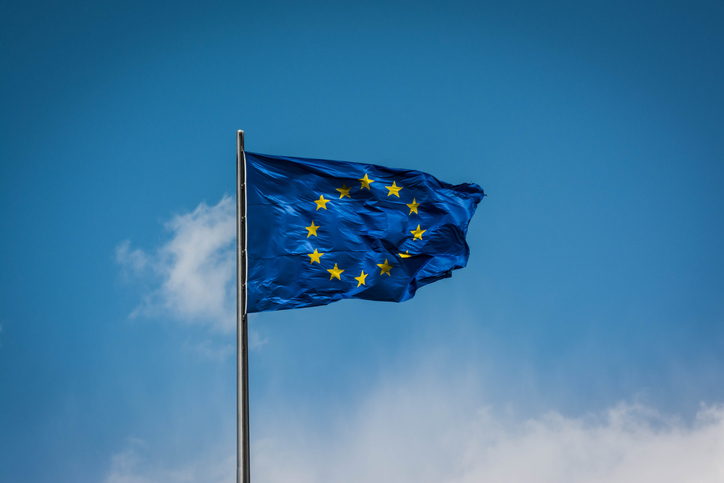The European Commission has implemented a proposal to extend the transitional period to certify medical devices under the Medical Devices Regulation (MDR). The proposal allows more time for manufacturers to transition from the previously applicable rules to the new requirements of the Regulation1.
For high-risk devices, the transition period to the new rules will be shorter (extended to December 31, 2027), whereas the medium and lower risk devices will have a longer transition period (extended to December 31, 2028). The proposal also introduces a transition period for Class III implantable custom-made devices. Manufacturers will have until May 26, 2026 to certify such devices2.
A plan to remove the “sell-off” date has been proposed by the Commission. In the current MDR, it establishes that the “sell-off” date is the end date where devices that are already in the market, should be disposed or withdrawn. Deletion of the “sell-off’ date will prevent the removal of some safe medical devices that are essential to the market as well as alleviating the risk of product shortages.
Next steps, the proposal will need to be considered and adopted by the European Parliament and the Council through an accelerated co-decision procedure.
If you need support to successfully transition to EU MDR, the experts at EMMA International can help! Contact us at 248-987-4497 or email us at info@emmainternational.com to learn more.
[1] MedTech Dive (2023, January 9) “European Commission formalizes plan to extend MDR transition out to 2027, 2028”. Retrieved from https://www.medtechdive.com/news/europe-extend-mdr-transition/639903/ [1] European Commission (2023, January 6) “Public health: more time to certify medical devices to mitigate risks of shortages”. Retrieved from https://ec.europa.eu/commission/presscorner/detail/en/ip_23_23






